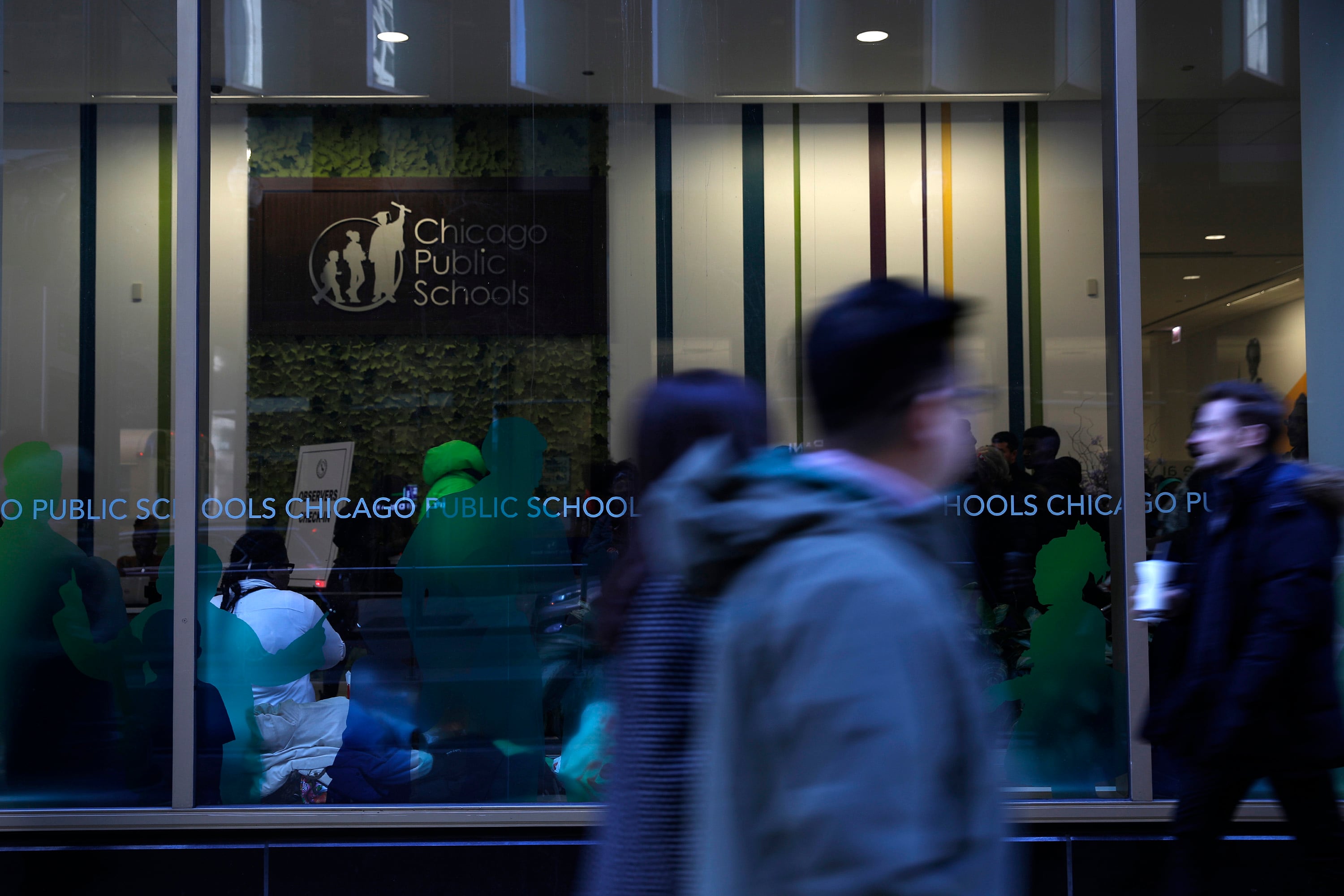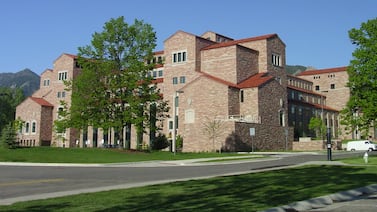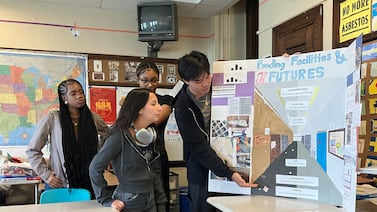Sign up for Chalkbeat Chicago’s free daily newsletter to keep up with the city’s public school system and statewide education policy.
A dozen Chicago Public Schools employees have resigned or been fired after the district’s inspector general found they fraudulently obtained federal Paycheck Protection Program loans.
The loans — most of which did not need to be repaid — were available to businesses during the early months of the COVID-19 pandemic in 2020 to help them stay afloat. Federal officials have since said the PPP loan program lacked controls and was “susceptible to fraud.”
All but one of the ousted CPS employees earned six-figure salaries and worked year-round positions.
“We’re talking about people who have full-time, year-round jobs with CPS,” Inspector General Will Fletcher told Chalkbeat Wednesday. “How they were able to have fully fledged side businesses was obviously going to be a question.”
The inspector general’s report does not name the employees. According to the report, one of them was a central office administrator who inflated how much they made on a side business in 2020 in order to get a PPP loan and also did not report that secondary employment to CPS.
Other cases include:
- A district regional administrator making $165,000 a year created a fake business in order to get a $20,000 PPP loan. The money was deposited in their personal checking account and spent within two months on “expensive luxury items” and a trip to Las Vegas, bank records obtained by the inspector general showed.
- A school administrator with a side business selling clothing admitted to inflating its income in 2019 in order to get two PPP loans totaling $40,000. The clothing business earned “at most $7,500,” but they claimed it earned $100,000.
- An administrator making more than $120,000 a year got a $20,000 PPP loan by paying someone to fill out the application and report they made $100,000 as an independent contractor in 2019.
The inspector general’s report cites two additional employees whose dismissal cases are pending. The district said it has filed dismissal charges against them, but both cases are being litigated.
In a statement, a CPS spokesperson said the district is reviewing a recommendation by Fletcher that future employees be required to report any PPP loan they’ve received as part of the onboarding process.
“We take seriously our responsibility to serve students and families with integrity and we will hold accountable individuals who breach CPS policies and the public’s trust,” the spokesperson wrote.
Fletcher said his office opened a broad investigation into PPP fraud in 2022 and started by searching a public database that lists all PPP loan recipients. In all, 780 district employees showed up in the data as having obtained PPP loans, the OIG report said.
“We’re not presuming that all 780 loans were fraudulent,” Fletcher said, noting some CPS employees do have legitimate side jobs outside of school and during the summer. There may also be cases of identity theft. While the investigations are continuing, the report released Wednesday focused on cases involving higher-level employees and those who worked year-round positions.
“We’re looking at employees who have some level of supervisory authority or who are in positions where they have some kind of control over sensitive information, financial information, dealings with the contractors and vendors,” Fletcher said. “People who are in positions of trust in the district.”
Other investigations have also turned up evidence of misused funds related to the pandemic. The inspector general found most bus companies that were given “good faith” payments to keep paying drivers during the switch to virtual learning in March 2020 laid off their workers despite taking the money.
“PPP fraud is just one facet of what has concerned us related to pandemic fraud,” Fletcher said.
Fletcher said his office has the capacity to continue investigating these and other pandemic-related fraud and waste allegations, but noted there is a “lack of information” around much of the COVID relief money distributed by the federal government in the past few years.
Chicago Public Schools has received more than $2.8 billion in COVID recovery money from the federal government under three Elementary and Secondary School Emergency Relief packages passed by Congress.
Becky Vevea is the bureau chief for Chalkbeat Chicago. Contact Becky at bvevea@chalkbeat.org.





